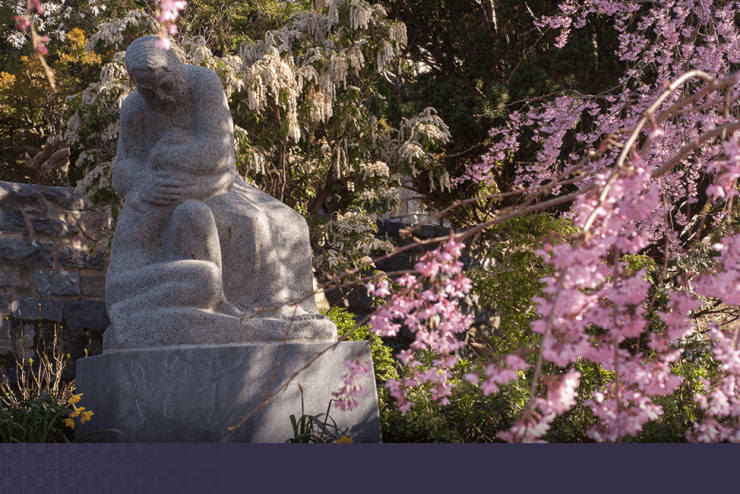The Rev. Patrick Keyser

John 13:1-17, 31b-35
Now before the festival of the Passover, Jesus knew that his hour had come to depart from this world and go to the Father. Having loved his own who were in the world, he loved them to the end. The devil had already put it into the heart of Judas son of Simon Iscariot to betray him. And during supper Jesus, knowing that the Father had given all things into his hands, and that he had come from God and was going to God, got up from the table, took off his outer robe, and tied a towel around himself. Then he poured water into a basin and began to wash the disciples’ feet and to wipe them with the towel that was tied around him. He came to Simon Peter, who said to him, “Lord, are you going to wash my feet?” Jesus answered, “You do not know now what I am doing, but later you will understand.” Peter said to him, “You will never wash my feet.” Jesus answered, “Unless I wash you, you have no share with me.” Simon Peter said to him, “Lord, not my feet only but also my hands and my head!” Jesus said to him, “One who has bathed does not need to wash, except for the feet, but is entirely clean. And you are clean, though not all of you.” For he knew who was to betray him; for this reason he said, “Not all of you are clean.”
After he had washed their feet, had put on his robe, and had returned to the table, he said to them, “Do you know what I have done to you? You call me Teacher and Lord–and you are right, for that is what I am. So if I, your Lord and Teacher, have washed your feet, you also ought to wash one another’s feet. For I have set you an example, that you also should do as I have done to you. Very truly, I tell you, servants are not greater than their master, nor are messengers greater than the one who sent them. If you know these things, you are blessed if you do them.
Now the Son of Man has been glorified, and God has been glorified in him. If God has been glorified in him, God will also glorify him in himself and will glorify him at once. Little children, I am with you only a little longer. You will look for me; and as I said to the Jews so now I say to you, `Where I am going, you cannot come.’ I give you a new commandment, that you love one another. Just as I have loved you, you also should love one another. By this everyone will know that you are my disciples, if you have love for one another.”
Bread broken and wine poured for all to share; dirty feet washed in a stunning display of divine humility; a new commandment given; great anguish in the garden; a friend’s bitter kiss of betrayal— today we are presented with more than we can take in at one time. The peculiar name of this day, Maundy Thursday, can help focus our attention. It is derived from the Latin mandatum, meaning commandment. Jesus proclaims, ‘I give you a new commandment, that you love one another. Just as I have loved you, you also should love one another’ (John 13:34). This commandment is the lens through which we must see the events that unfold this day and in the days that follow. Jesus does not offer this commandment as some sort of abstract and theoretical call to love but instead embodies that love and shows us how to live it out in an action simple yet profound. He ties a cloth around himself, lowers himself to the ground, takes the dirty feet of his friends into his hands, and lovingly washes them.
Jesus showed his friends that to love in the way he commands is humbling and often comes with a cost. Tomorrow we will remember again just how costly it was for Jesus. Today we hear his call to us to follow him in showing such love, for he tells us that we will be known as his disciples by the measure of our love.
Later this evening, at the end of the liturgy of the day, the altar is stripped bare and we hear again the account of Jesus’ agony in the garden and his call to his friends to stay awake and pray with him. It is also a call to us, to stay and pray with Jesus. As we do so, may we contemplate this new commandment and the example Jesus gives us, so that we might be strengthened to follow our Lord in this way of self-emptying love.
Blessings,
Patrick+
Almighty Father, whose dear Son, on the night before he suffered, instituted the Sacrament of his Body and Blood: Mercifully grant that we may receive it thankfully in remembrance of Jesus Christ our Lord, who in these holy mysteries gives us a pledge of eternal life; and who now lives and reigns with you and the Holy Spirit, one God, for ever and ever. Amen.
(The Book of Common Prayer p. 221)